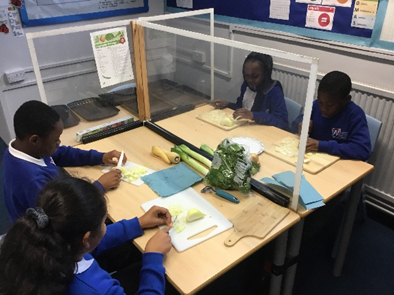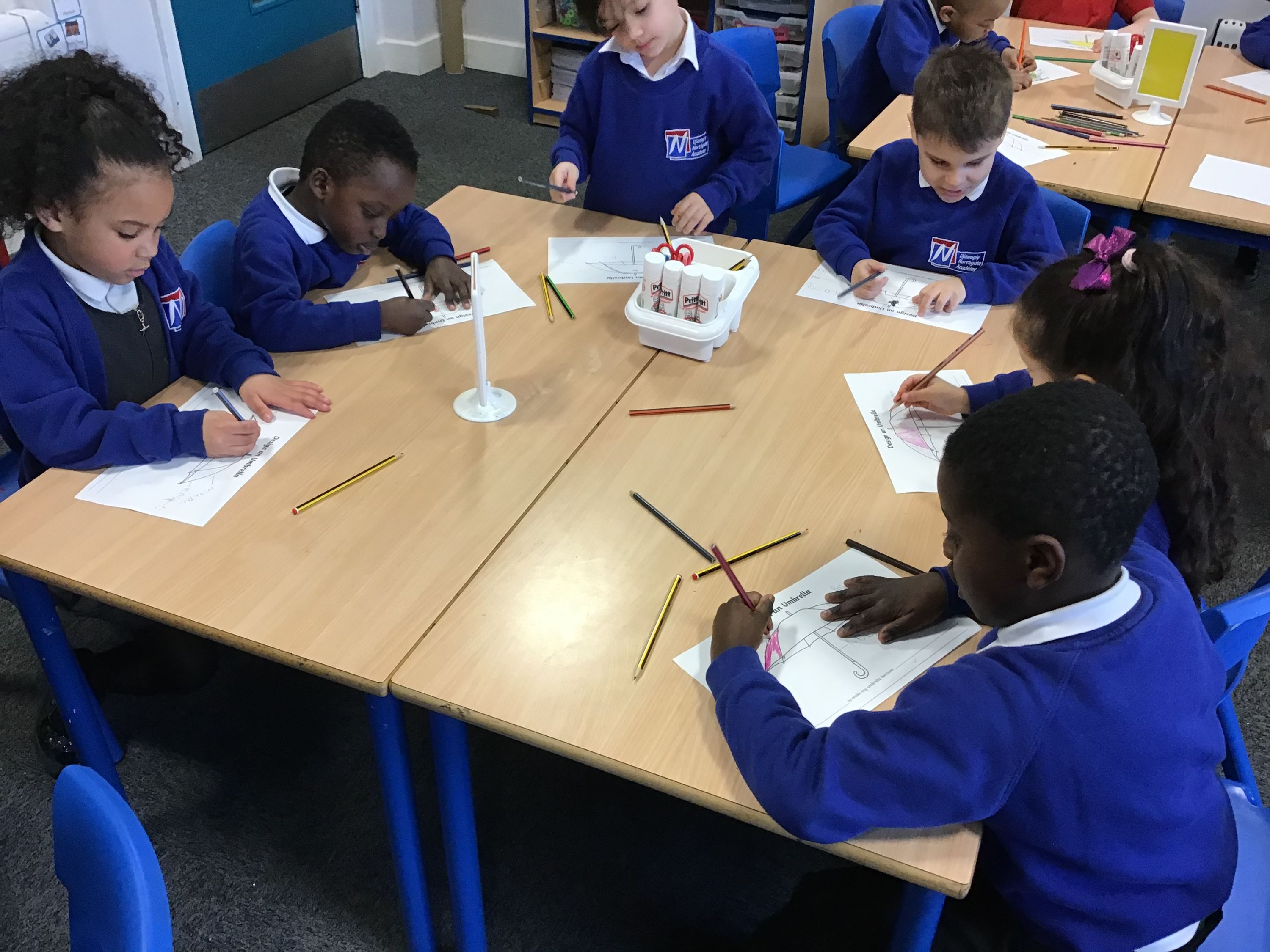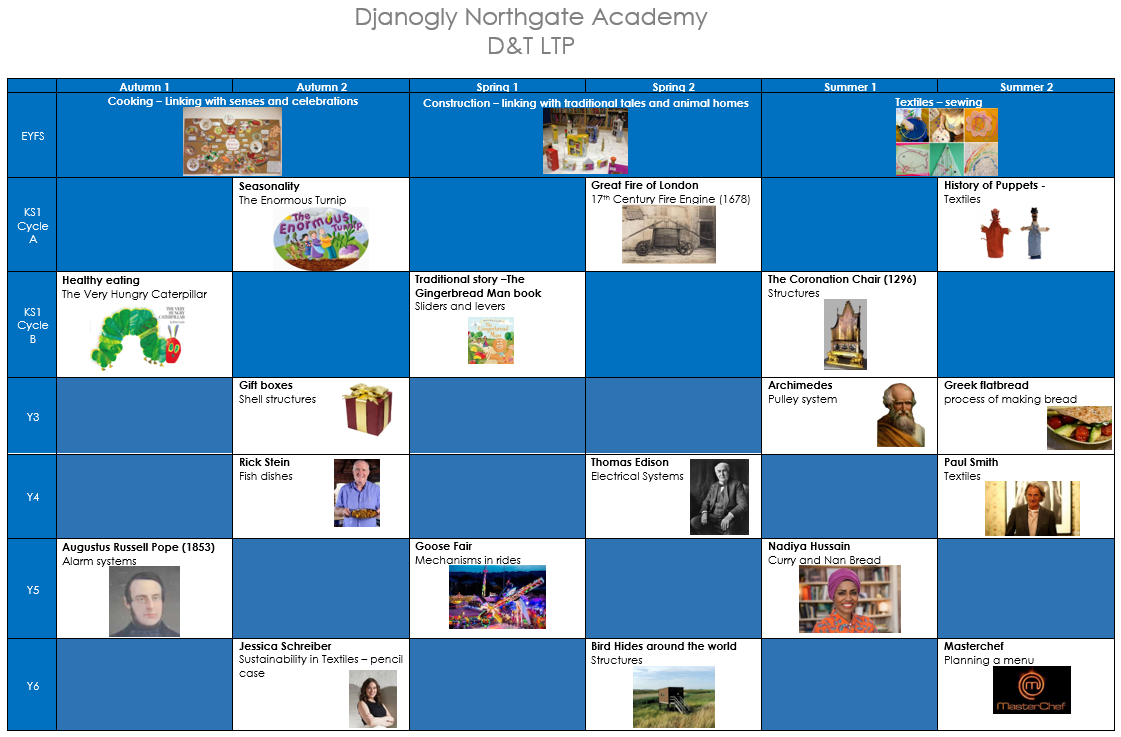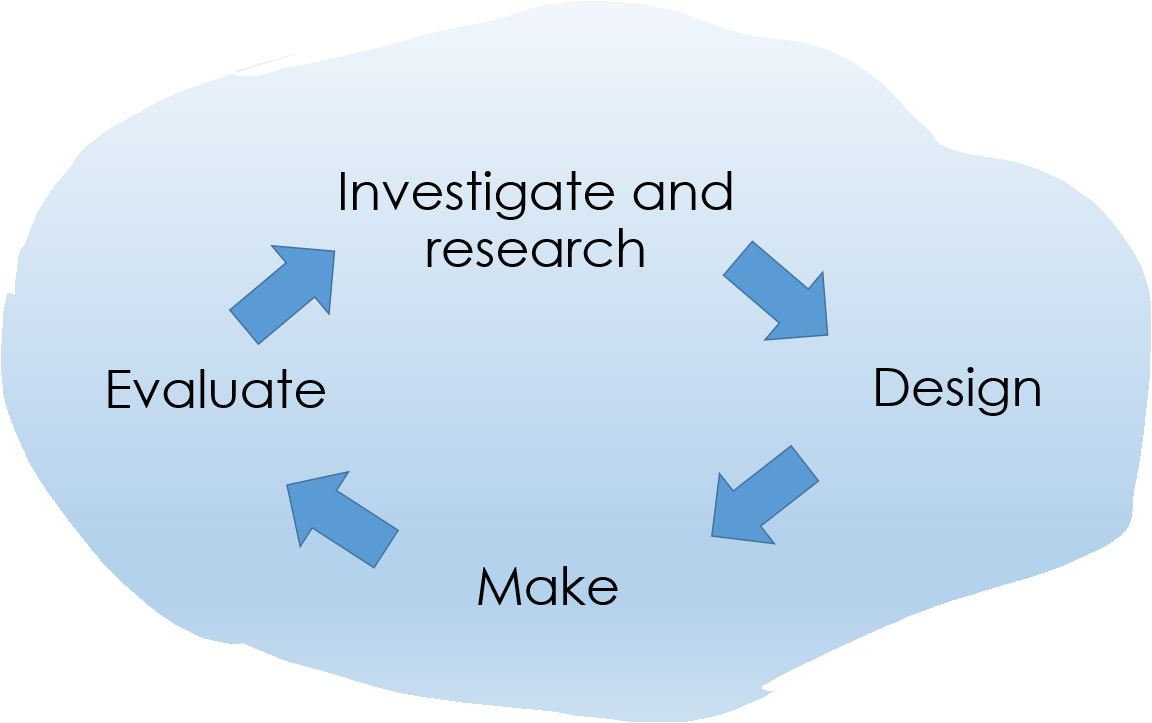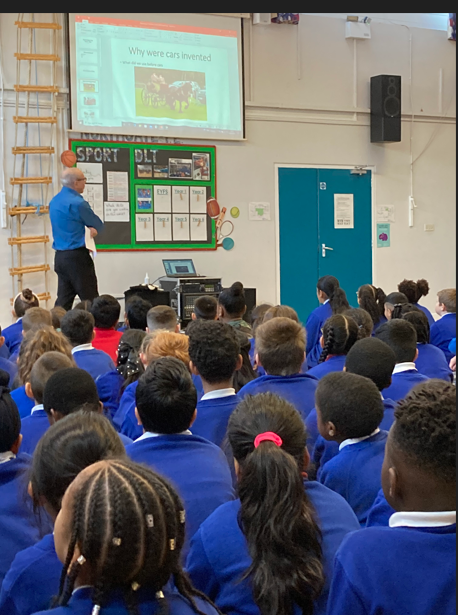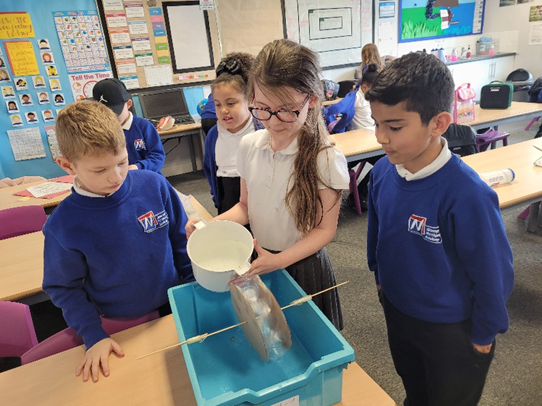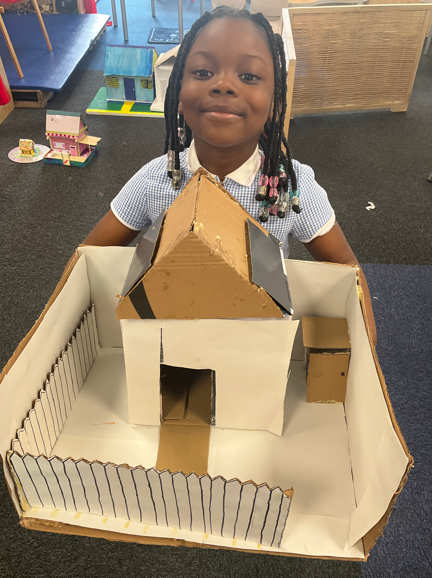DT
Vision
Our vision at Northgate is that through our teaching children will be exposed to purposeful learning experiences that enable them to investigate and solve real and relevant problems. They will develop the knowledge and skills they need, including life skills such as cooking and nutrition, so that they can understand the process of design, production and evaluation, whilst learning how to manage and control risks within a safe environment and become innovative in their creations and designs.
Design and technology will give them the opportunity to be resourceful by incorporating skills from other subject areas including mathematics, ICT and art.
On leaving Northgate our children will have acquired the skills they need to apply beyond primary education and support them to contribute to their community and the wider world.
Intent
|
At Djanogly Northgate Academy, our intent for Design and Technology is to provide our students with the skills and knowledge to become creative problem-solvers and innovators. In addition to the National Curriculum in England, we aim to provide our children with mirrors of the community they live in and windows to the wider world by carefully selecting engineers from the past and present to inspire them. Through cross-curricular links, we will show students the connections between Design and Technology and other subjects. Our goal is for students to develop a deeper understanding of the world around them in preparation for their future. Linking to our Values and Behaviours;
ImplementationWe implement our intent by organising project days when students can collaborate, design, and create. Project days allow children to become immersed in the design process, giving them a sense of what it feels like to be an engineer. These project days will provide hands-on experiences that allow students to apply their knowledge and skills in practical ways. Additionally, we will offer enrichment opportunities such as additional project days (Christmas- making links with Art), involvement in nationwide competitions and visits and assemblies led by professionals in the field. Extra-curricular clubs have provided an opportunity for identified gaps to be filled in textiles. Long term plan is linked to our Big Ideas. By making cross-curricular links, we will show students how design and technology play a role in various subjects, making learning more meaningful and connected. Design and Technology at Northgate begins in our Early Years Foundation Stage (EYFS). We ignite curiosity and imagination in our youngest learners through exploring exciting topics like food, celebrations, and materials. Offering continuous access to construction and the craft workshop develops both creative and fine motor skills, building a strong foundation for their future learning.
Process ModelIn each project, children work through the four processes of the Design and Technology model. As children progress through each academic year, the processes develop and challenge the learners to deepen their knowledge and skills within Design and Technology.
End of Key Stage 1 milestonesDesign
Make
Evaluate
Technical Knowledge
End of Key Stage 2 milestonesDesign
Make
Evaluate
Technical knowledge
Cooking and NutritionAs part of their work with food, pupils should be taught how to cook and apply the principles of nutrition and healthy eating. Instilling a love of cooking in pupils will also open the door to one of the great expressions of human creativity. Learning how to cook is a crucial life skill that enables pupils to feed themselves and others affordably and well, now and in later life. Pupils should be taught to: Key stage 1
Key stage 2
ImpactThe impact of our Design and Technology teaching will be measured through pupil voice, evidence in floor books, and progression in completed projects. By listening to students' feedback and reflections, we can understand how they are engaging with the subject and what areas we can improve upon. The evidence in floor books will showcase the journey of students' learning and the skills they have developed over time. Lastly, by tracking the progression of completed projects, we can see how students have grown in their abilities to design, create, and problem solve. Overall, we aim for our students to be confident, creative, and equipped with the skills needed to succeed in an ever-changing world.
|

